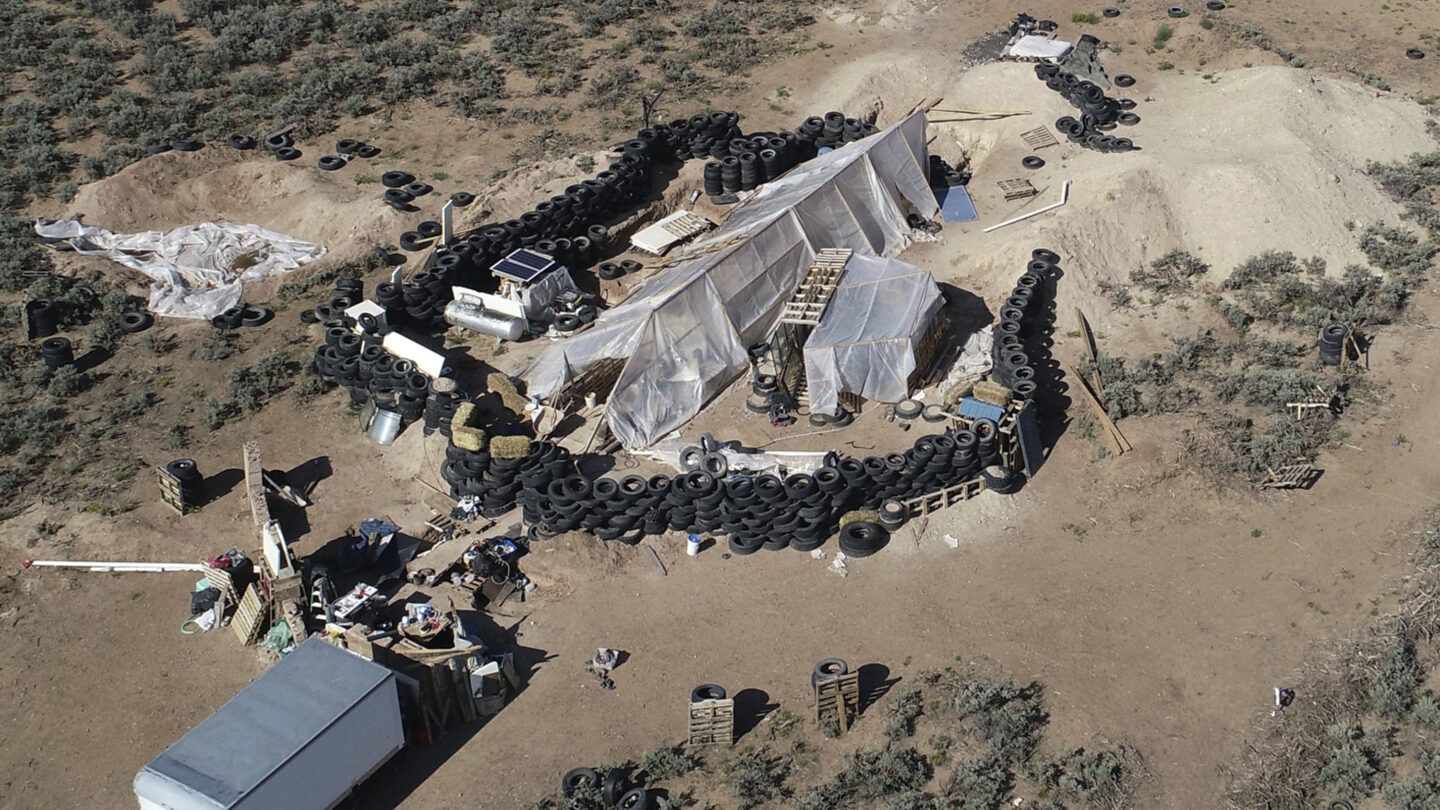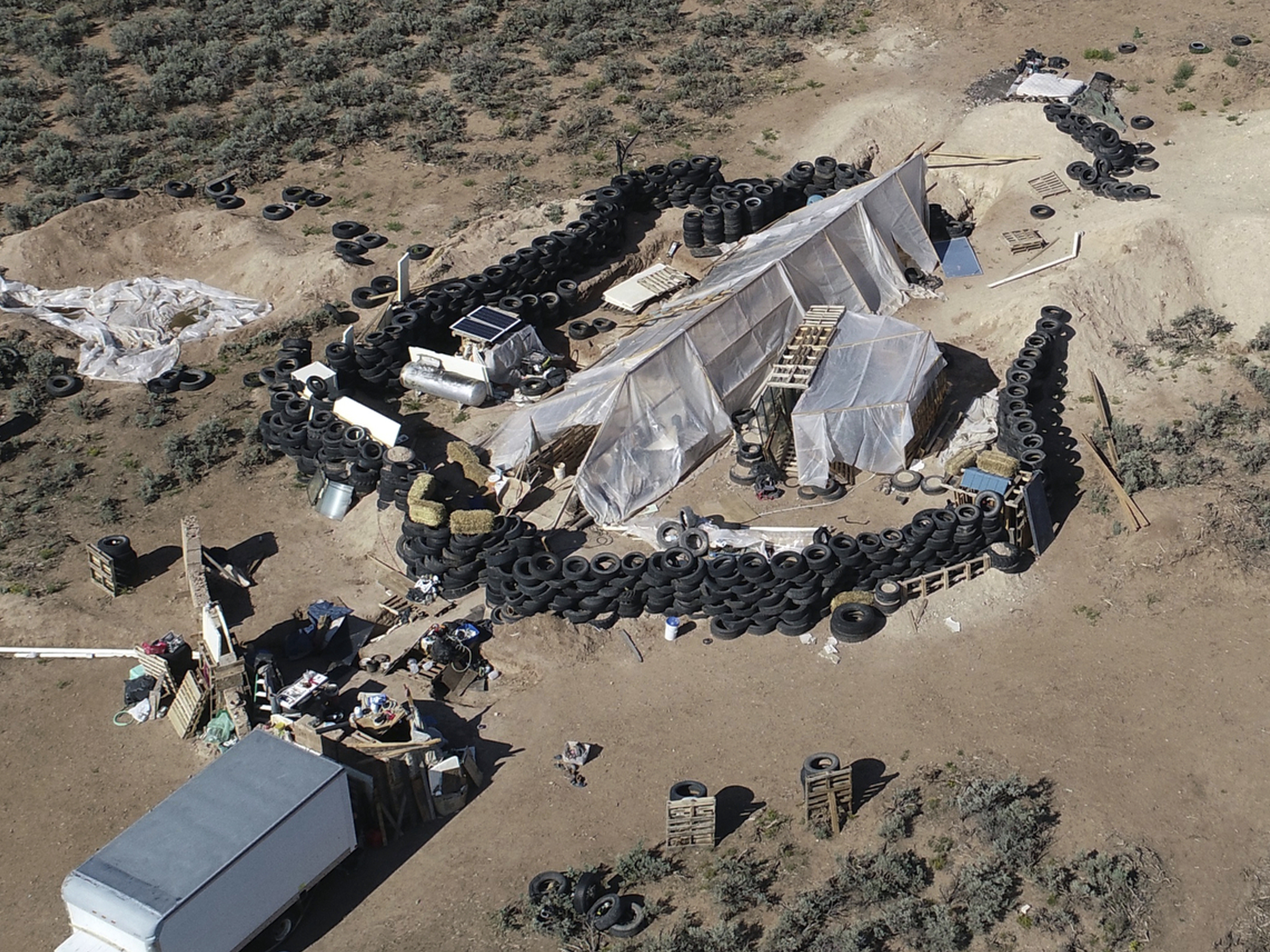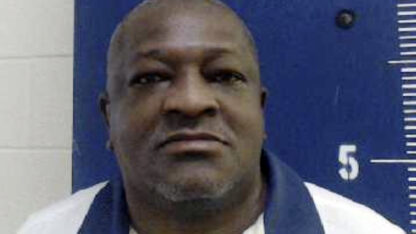A U.S. judge on Wednesday sentenced four family members to life in prison for convictions stemming from a federal terrorism and kidnapping case that began in 2017 with the search for a toddler who went missing from Georgia and was later found dead when authorities raided a squalid compound in northern New Mexico.
The sentencing comes months after jurors convicted the four defendants in what prosecutors had called a “sick end-of-times scheme.”
The defendants were unsuccessful in their arguments that the severity of the sentences violated their constitutional rights. That will be just one of the arguments they plan to bring up when appealing their convictions. At trial, they suggested that the case was the product of “government overreach” and that they were targeted because they are Muslim.
The fifth defendant — Jany Leveille, a Haitian national — avoided being part of a three-week trial last fall by pleading guilty to conspiracy to provide material support to terrorists and being in possession of a firearm while unlawfully in the United States. Under the terms of her plea agreement, she had faced up to 17 years in prison.
Judge William Johnson sentenced her to 15 years, noting that Leveille had received treatment for a diagnosis of acute schizophrenia that followed her arrest in 2018. She had undergone competency evaluations and began taking medication.
“The facts are so horrendous. But also with Ms. Leveille, this is the first time there has been any acceptance of responsibility” among the defendants, the judge said, noting that it was significant that Leveille apologized to the toddler’s mother and to her co-defendants.
Prosecutors said during the trial that it was under Leveille’s instruction that the family fled Georgia with the boy, ending up in a remote stretch of the high desert where they conducted firearms and tactical training to prepare for attacks against the government. It was tied to a belief that the boy would be resurrected and then instruct the family which corrupt government and private institutions needed to be eliminated.
Some of Leveille’s writings about the plans were presented as evidence during the trial. She was described as a spiritual leader for the group.
Leveille addressed the court Wednesday, saying it was her 41st birthday and now that she can think clearly, it sickens her to think about what happened because of her delusions and the voices she was hearing.
Prosecutors said it was unclear when Leveille’s mental health issues began to manifest.
Siraj Ibn Wahhaj, the boy’s father and Leveille’s partner, was convicted of three terrorism-related charges. Wahhaj’s brother-in-law, Lucas Morton, also was convicted of terrorism charges, conspiracy to commit kidnapping, and kidnapping that resulted in the boy’s death. Wahhaj’s two sisters — Hujrah and Subhanah Wahhaj — were convicted only on the kidnapping charges.
Defense attorneys for the sisters argued that a life sentence was grossly disproportionate to the crimes their clients were accused of committing and that the women had no control over the situation. Prosecutors disputed those claims.
Johnson said he was bound by the federal kidnapping statute, which carries a mandatory minimum sentence of life in prison when such a crime results in death. The statute dates back nearly a century to the abduction of the son of famed aviator Charles Lindbergh and his wife, Anne.
While some federal sentencing statutes have evolved over time, Johnson said a precedent has been set by the U.S. Supreme Court and circuit courts in limiting judges’ discretion in such instances. Prosecutors added that there have been no federal cases in which the mandatory sentence for a deadly kidnapping case has been overturned due to questions of constitutionality.
In a complex case that took years to get to trial, jurors heard weeks of testimony from children who had lived with their parents at the compound, other family members, firearms experts, doctors and forensic technicians.
Authorities raided the family’s compound in August 2018, finding 11 hungry children and dismal living conditions without running water. They also found 11 firearms and ammunition that were used at a makeshift shooting range on the property on the outskirts of Amalia near the Colorado state line.
The remains of Wahhaj’s 3-year-old son, Abdul-Ghani Wahhaj, were found in an underground tunnel at the compound. Testimony during the trial indicated that the boy died just weeks after arriving in New Mexico and that his body was kept for months with Leveille promising the others that he would be resurrected.
An exact cause of death was never determined amid accusations that the boy, who had frequent seizures, had been deprived of crucial medication.
Abdul-Ghani’s mother, Hakima Ramzi, appeared by video Wednesday and offered a tearful plea for the judge to impose the maximum sentence.
The grandfather of the boy is Muslim cleric Siraj Wahhaj, who leads a well-known New York City mosque. He stood up in court Wednesday and delivered a simple message to his children and the other defendants.
“I’m saying to you I forgive you,” the elder Wahhaj said, adding that he didn’t think they intended for the boy to die. “We’re human beings and we make mistakes.”
His daughters began to cry, and Leveille hung her head low.










